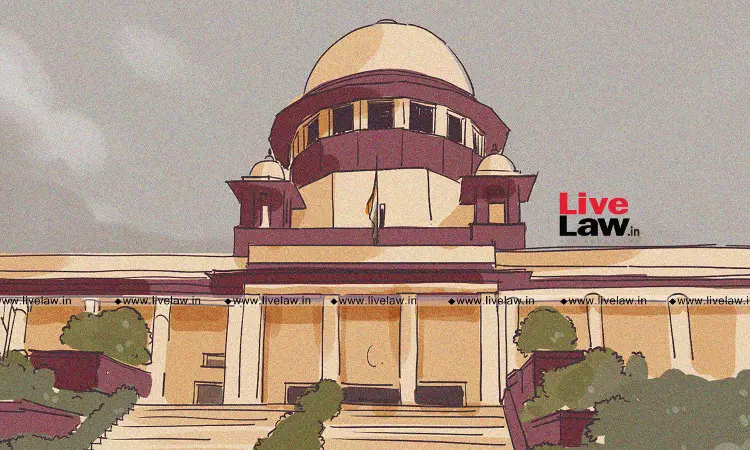No Priority For Workers' Dues After Liquidation Of Company Under IBC : Supreme Court Upholds Section 327(7) Of Companies Act 2013
LIVELAW NEWS NETWORK
2 May 2023 12:45 PM IST

The Court held that in the event of liquidation of a company under IBC, the distribution of assets has to be as per 'waterfall mechanism' under Section 53.
Next Story


